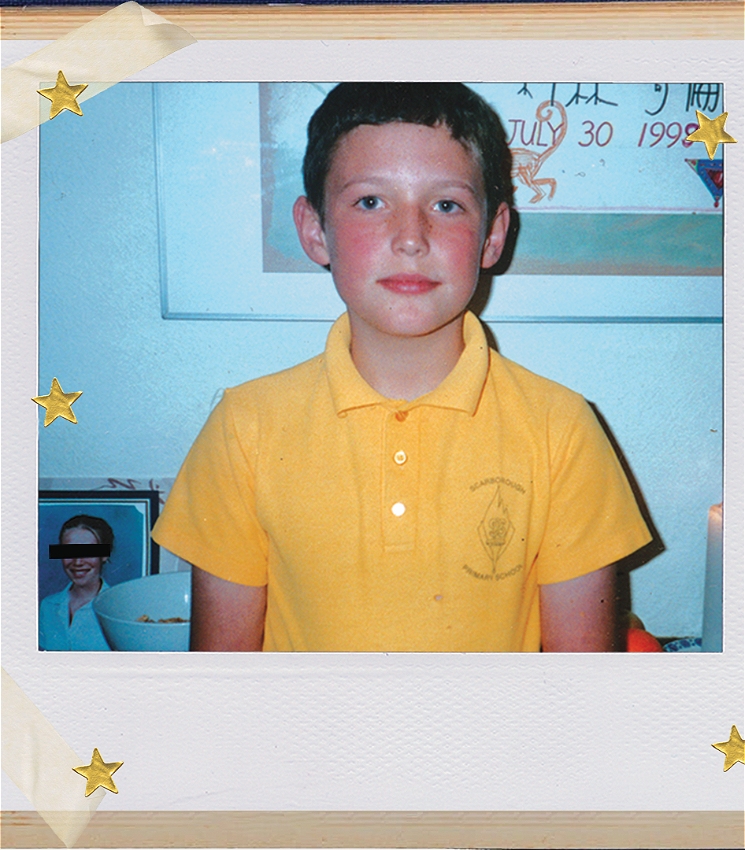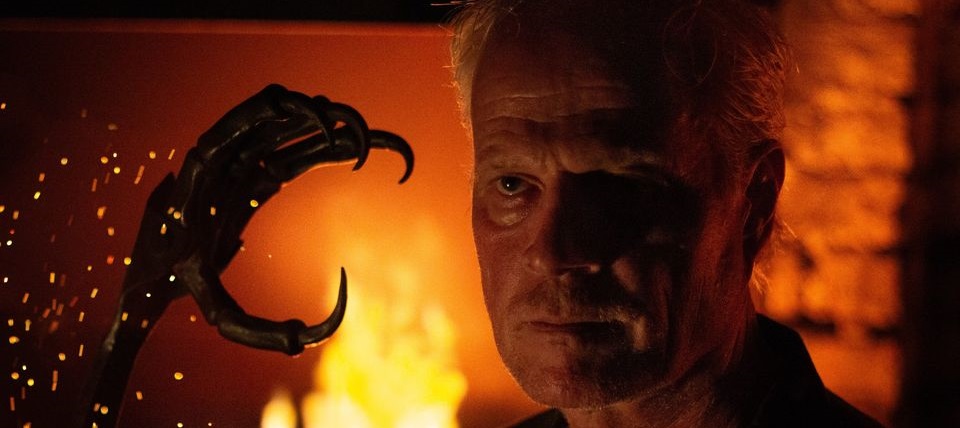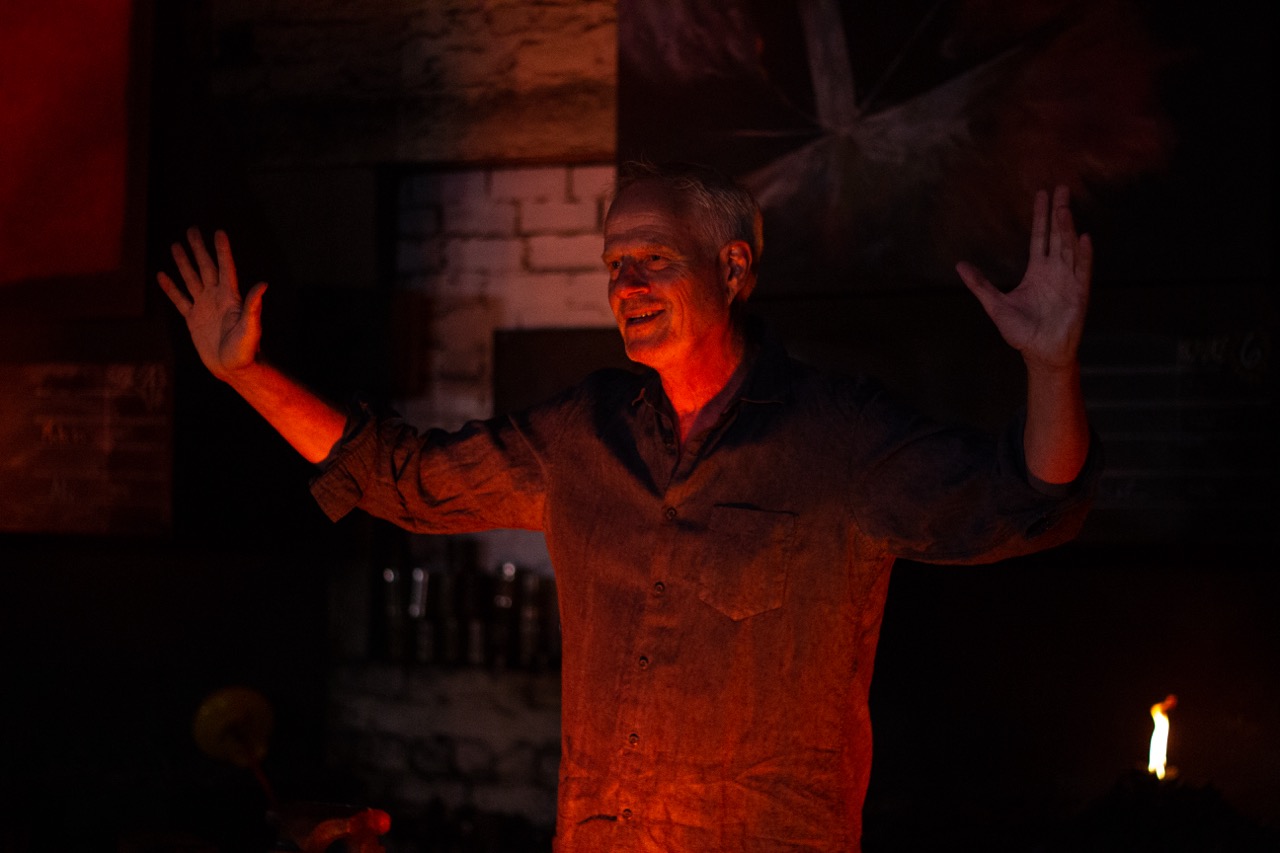All About the Levkoviches is about love, inclusion, and the need to be accepted especially by your family.
It tells the story of a well-meaning but tenacious boxing coach, Tamás, who gets along well with everyone but his own son, Iván, who left the family and moved to Israel to join an orthodox community.
All goes well until Tamás‘ beloved wife, Zsuzsa dies unexpectedly, and Tamás tells his son that he can come and mourn in his house as long as he brings his grandson, Ariel with him. This, however, gives them a chance to settle their old grievances after years of not talking, and also helps Ariel deal with his own grief and his obsession that grandma’s spirit is still in the house.
It is an adroit combination of comedy and drama, and one of the few movies that offers something for everyone. The story, written by Bálint Csaba and director Adam Breier himself, is captivating and gives us a glimpse into the life of the Jewish community in Hungary, and the characters are definitely memorable.
Director Ádám Breier expressed his gratitude for the film’s reception, saying, “We are deeply touched by the number of people watching our film. It’s particularly gratifying that many have told us they’ve seen it multiple times or recommended it to family members,” as quoted in a press release by Mozinet, the film’s distributor.
The film provides a window into the lives of present-day Jews in Hungary, as well as the dilemma for a baal tshuvah (newly Orthodox) man who wants to keep the ties with his secular family.
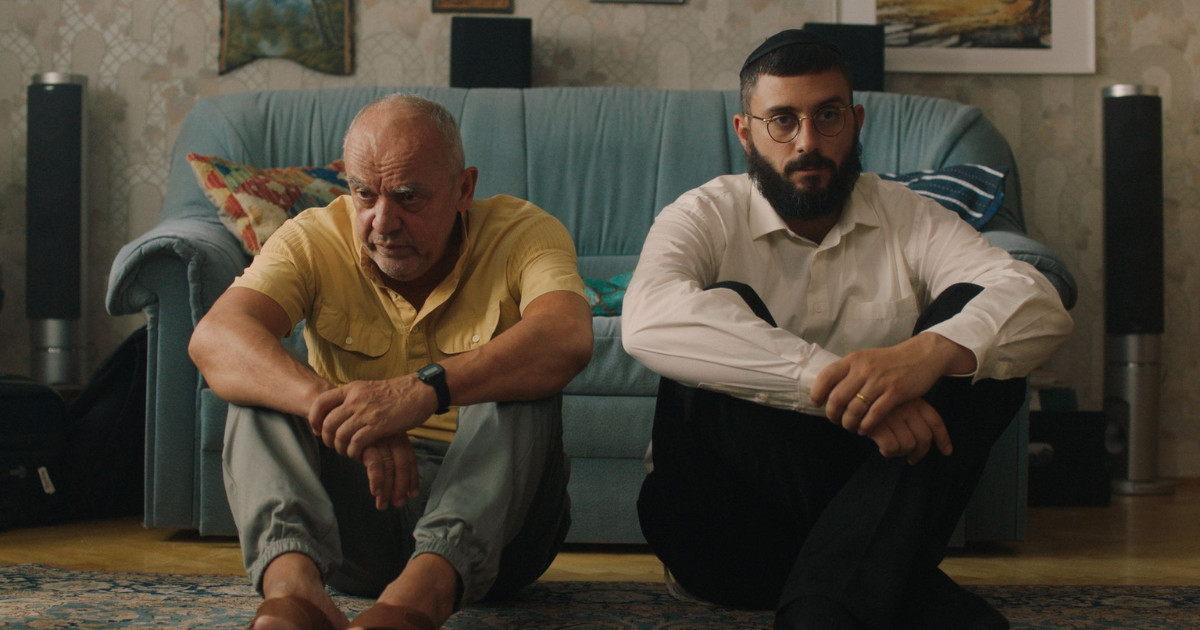
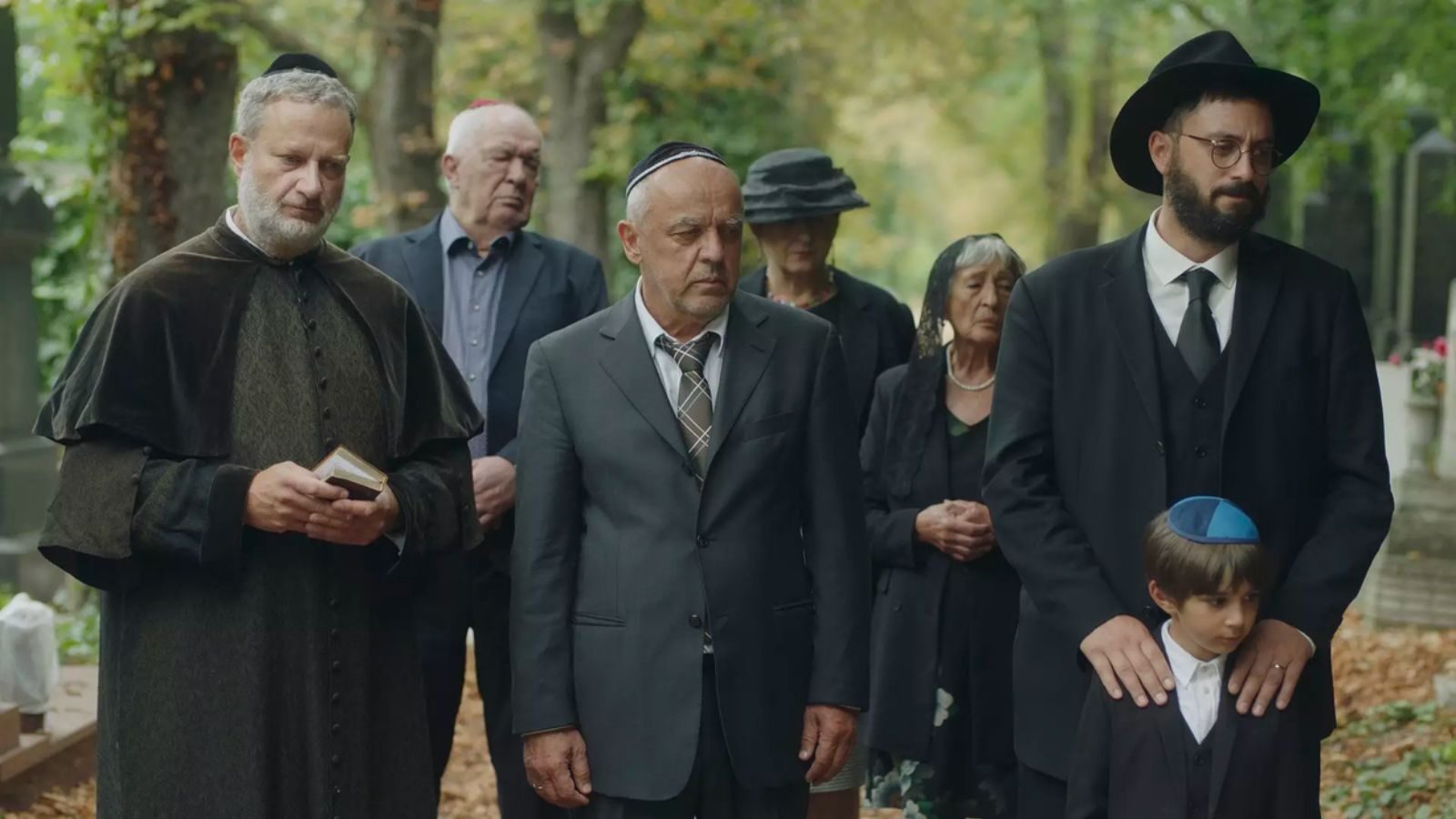
While Tamás is grieving, the local Orthodox community supports Iván with traditional shiva practices, sensitively explored. There are some tender moments of humour among deeply emotional family scenes.
Zoltán Bezerédi’s Tamás is a wonderfully drawn character and the original grumpy old man, but his heart is in the right place with his care for his estranged son and his grandson. His scenes with Ariel, his grandson are touching, especially when he is teaching him to box.
Tamás Szabó Kimmel’s Iván is torn between orthodoxy, his love for his wife, mother and trying to do the best for his son. The scene when he slaps his son across the face is confronting, but almost understandable.
Leo Gagel’s Ariel is the ‘meat in the sandwich,’ divided between the love for his father and his love for his grandmother. The connection he builds with his grandfather is instrumental in reuniting his father with his grandfather.
All About the Levkoviches teaches us a particularly important lesson, which is that everyone grieves in their own way, whether they are old, young, or deeply religious. Learning to respect this is not always easy, but it has the power to mend broken relationships.
To book tickets to this or other films click https://www.jiff.com.au/


